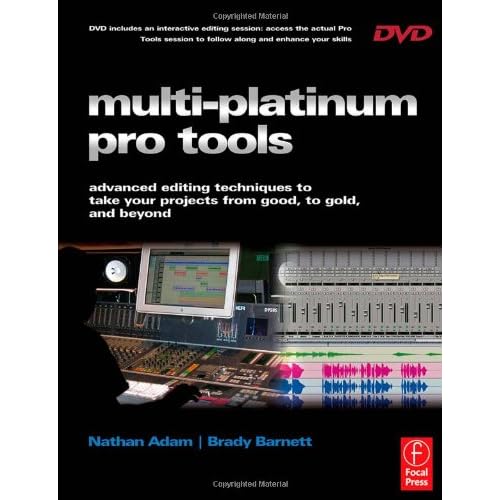Haven't been on this forum in a while..
To get back to the main topic, I'm not too sure what artefacts you might be talking about but when I first starting with slip editing I had double hits and wrongly pitched "air" which were from either the attack or decay of the note and to get around that (which for some reason took me a while to figure out) I took off the "snap to" button and grabbed the cross fade it self and dragged it back or forward, overlapping those artefacts further out of the audio event.
Or I'd find another piece of what I'm looking for later or earlier in the performance (specifically looking for either the individual attack, decay, sustain or air of the note).
Then, listening to it in the song after minimising everything to desktop (because I found looking at the meters and audio images affects how you listen) and see if the "vibe" with the rest of the performance on solo and with the song still feels good. Mainly focusing on the latter because you can sometimes hide those "artefacts" in the mix, plus no ones going to hear the part in solo anyway

.
Being able to 'read' the image of the audio event helped me out here. For example, if you zoom in you should be able to identify where the instance of the pick/stick makes contact, affects the source, where it reacts etc (and that's just the attack lol). That way you can make cuts and replace the sound a lot smoother than just cut-and-slide. YMMV

Regarding the organic topic, my opinion is that it's all fine and cool to keep your performances morally correct but that means there's an extreme focus required on the ground work (tightness, tuning, using the appropriate dynamics and the emotion of the performance etc) which a lot of guys underestimate because of it's cumbersome nature.
(I know what it means) but here I am assuming organic is understood as one take or even section-by-section? Because if you're just punching in every 2 bars...you're pretty much 'editing' and might as well suck it up and admit you're not as good as you think

.
In my studio It comes down to the direction you're going with the production. It's a bit of a juggle because personally I found If you want to appeal more or increase your fan base then keeping your mixes as clean as possible is important for easy listening, and doing a morally correct album (unless you're working with an immaculate band) means it will be less pleasing to the ear due to small (inevitable) errors like cutting a chord short on the last few milliseconds because you're anticipating the next note or getting that moving-fingers-on-the-strings sound or those horrible string slides...
...also slight tuning instabilities from fretting a little too hard or bending the string a few cents out because the chord shape is awkward or the note was a stretch etc
And the last thing you want in this situation is a potential fan not feeling your band due to a raw sounding mix where the performances comes across "unprofessionally" played...only because the 'standard' left by the top metal guys is really high with their perfect takes (most often thanks to a little editing).
What I keep in mind is even though sometimes I 'frown upon' over working a production, I still listen to super produced albums because they sounds good (bottom line), and no one really wants to hear an album that was done "the right way" (in the musicians opinion) but is being potentially let down by the production.
Edit: Except with the Trve Kvlt culture where it's cool to have bad mixes.





